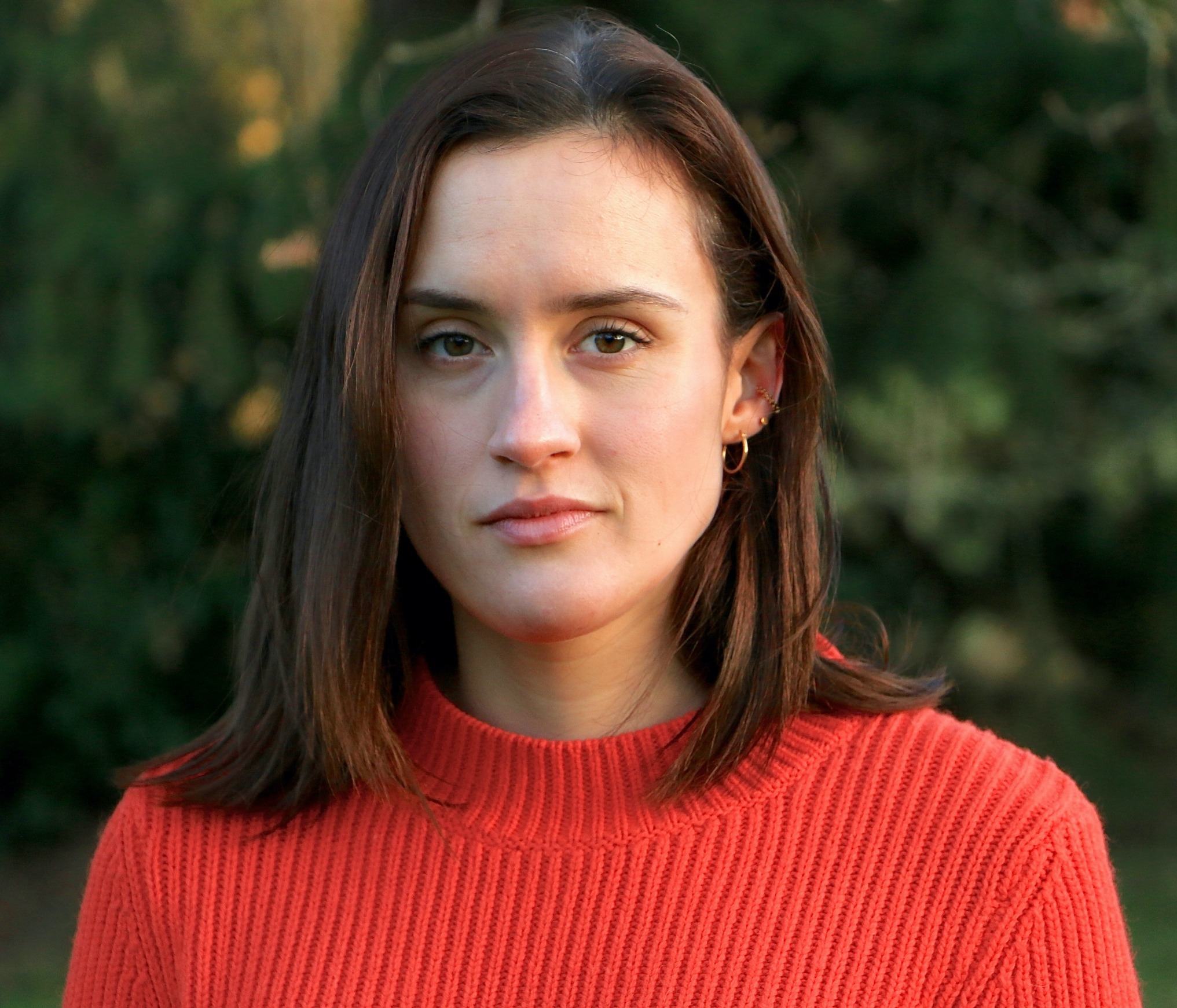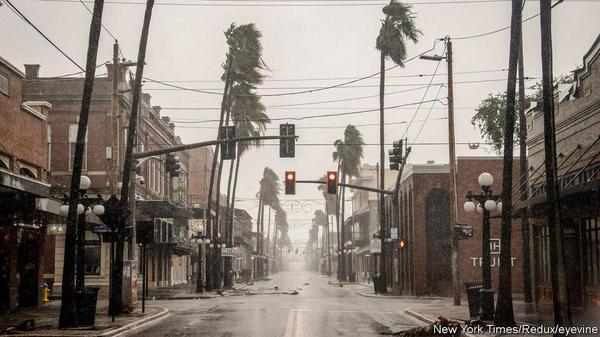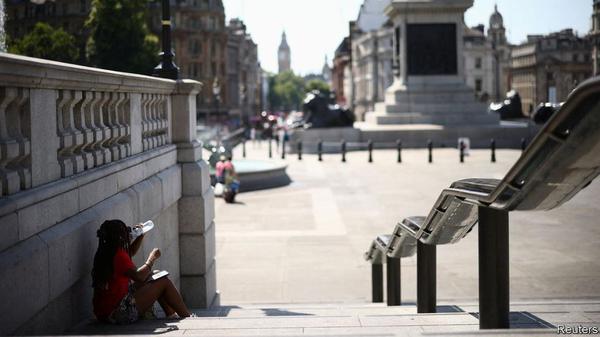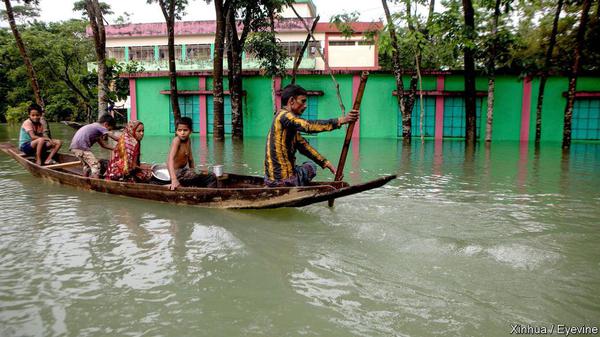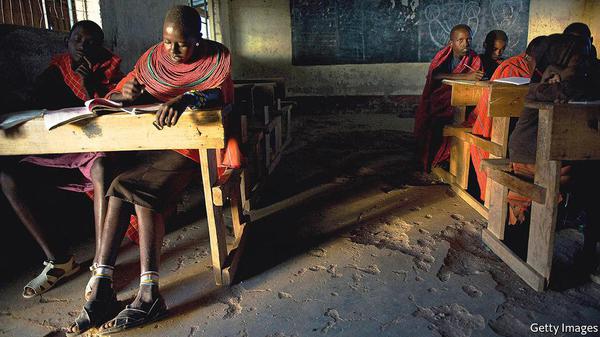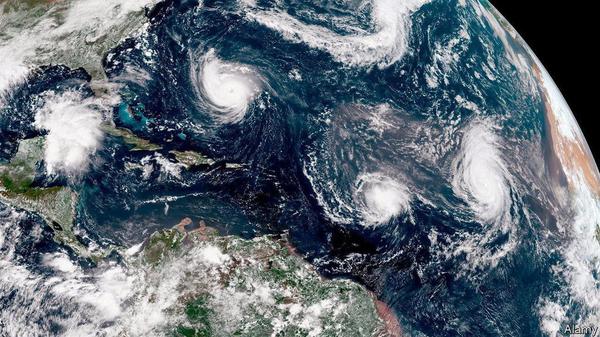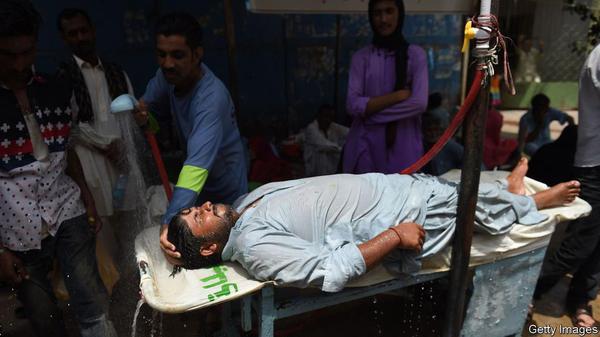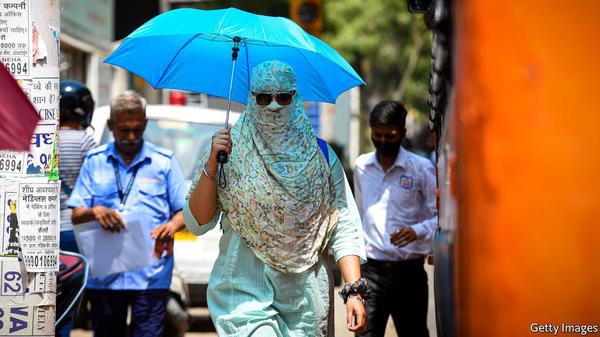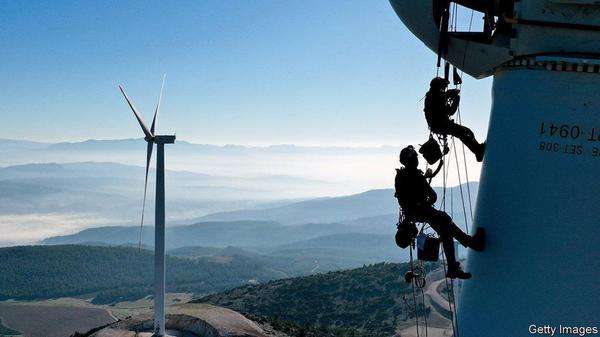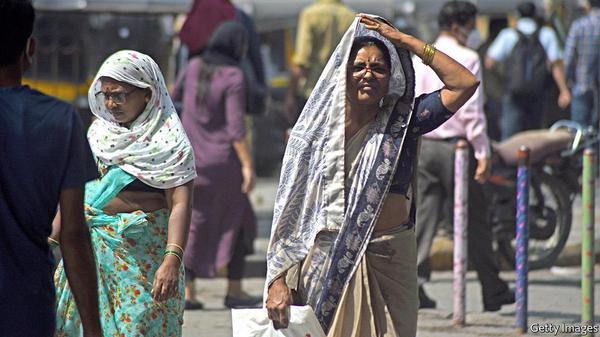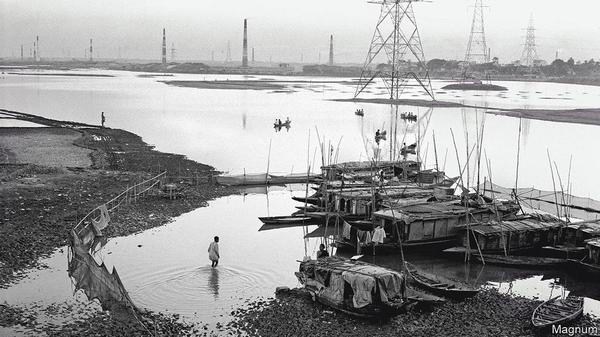
How to get Asia to net zero
W electricity cut out earlier this month in her flat in Dhaka, Sabina Yeasmin’s first thought was for her 17-month-old daughter. Bangladesh’s capital fills with dengue-carrying mosquitoes at this time of year. With no working fan or air conditioner, Ms Yeasmin could not put her toddler under the stifling mosquito net. A diesel shortage had put the backup generator out of commission. Even the price of candles had quadrupled. Ms Yeasmin could barely keep from crying.
The power cut that plunged he
The power cut that plunged he
